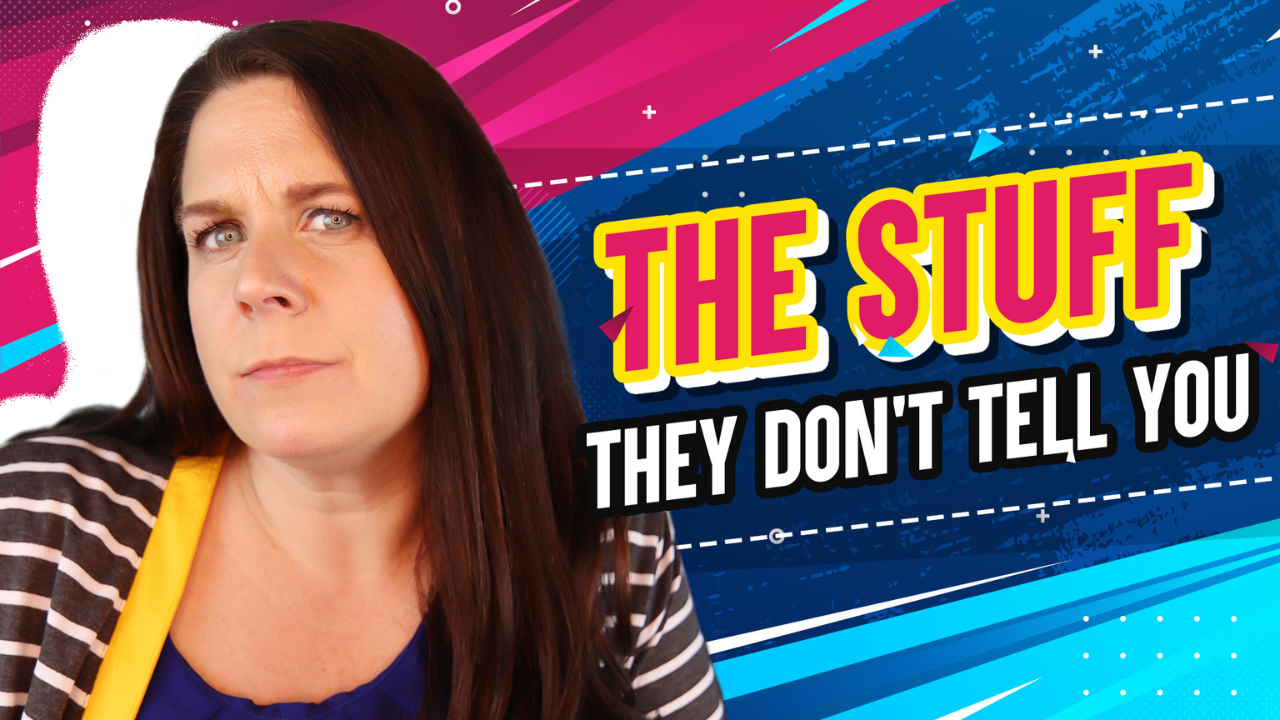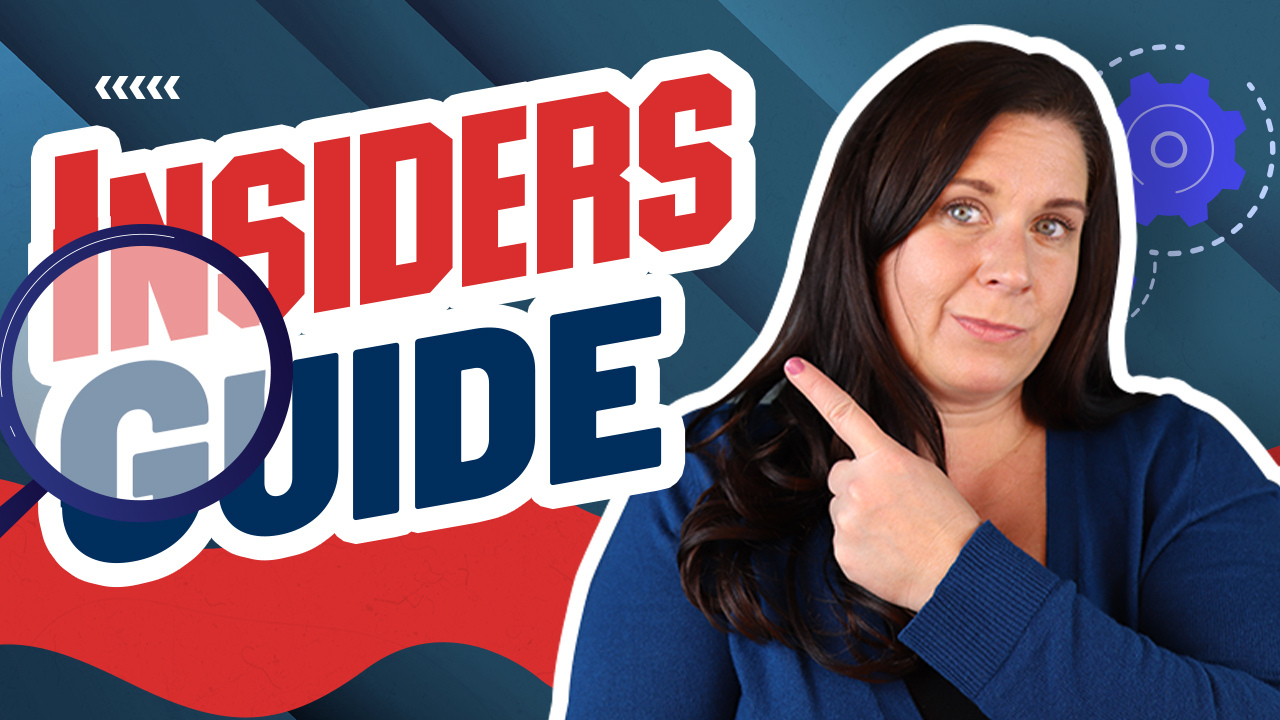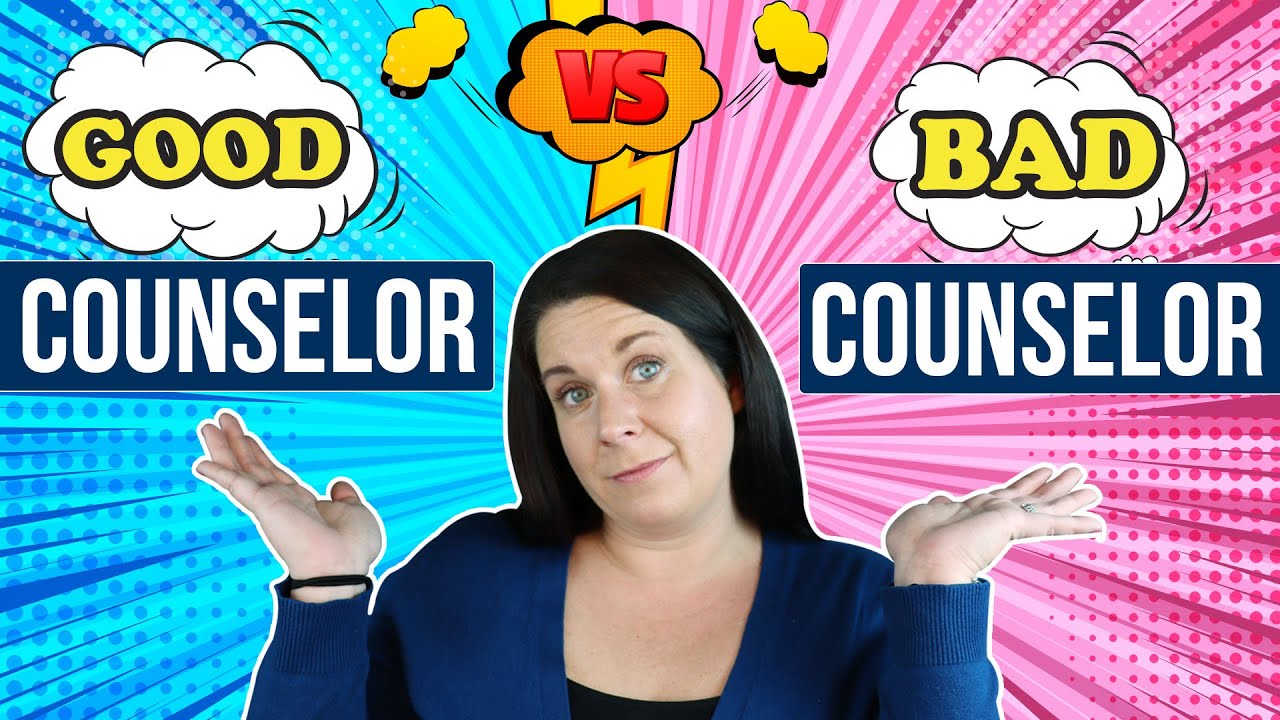The Ugly Truth Behind The Addiction Treatment Industry
After working in addiction and recovery treatment for almost 20 years, there are some not-so-pretty truths about the behind-the-scenes of the addiction treatment industry.
I want to help you understand this to be better equipped to pick the right help for you or a loved one.
The Diverse Treatment Options
One of the first things I want you to know is that there are different types of addiction treatment, from counseling to psychiatry, intensive outpatient programs, partial hospitalization programs, sober living, detox, recovery communities, and not-for-profit programs.
The first thing you need to do is educate yourself about what kind of options are out there.
When someone is ready to get help, they jump at whatever option is right in front of them.
I see this scenario play out often, and they usually don't make strategic decisions, which can waste a lot of time and money.
You only get so many shots at this and there are pros and cons to every single option.
I wrote an insider's guide on this to help you understand different options, free, paid, insurance, what costs what, what helps with what, and what NOT to do.
I'll link that HERE so you can save time and make a strategic decision.
Addiction Professionals Don't Have All the Answers
In most cases, families come to us with huge problems, not just addiction but addiction and mental health. There are usually housing and financial issues and other kinds of issues.
You're looking at the counselor, doctor, or social worker and thinking, "They have all these resources and can solve these problems."
Most addiction treatment centers or programs can do an excellent job checking one or two or three of those boxes, but there's no one person or program out there that can solve all the issues.
Let me give you an example of what I mean.
People will contact me and say, "I have a daughter who is autistic, has an addiction, and has ADHD. She hates going to groups." As you can see, that's a complicated case.
You have to look at the components that someone needs, and you have to pull them together and create a plan that works specifically for you or your loved one. There's no one-stop shop.
The Ugly Truth
It's one of those ugly truths that's not fun to hear.
It's the truth, nonetheless.
The truth is, that the one that pays for the treatment makes the decisions.
If the insurance pays for the treatment, the insurance provider decides how long the treatment is, what they get treated for, and what kind of programs they have access to.
When the person is ready to be released from treatment, the insurance company will make decisions, not the doctor or counselor.
Let's say you get treatment at a nonprofit place. There are a lot of organizations out there that try to help people on a sliding scale or free of charge, which is fantastic, but there's still somebody paying for that.
If it's the state, the state makes the decisions.
If it's a religious organization, the religious organization makes the decisions.
If you are privately paying for your treatment, meaning you're paying for it yourself or your loved one is paying for it, you have more control over what kind of help you get, how long you get that help, and what kind of resources you have access to.
I know it's hard to hear, and I'm not saying you have to have a ton of money to get good treatment. I want you to understand the limitations, but I don't want you to feel like there are no workarounds.
For example, if you're dealing with somebody with a co-occurring disorder, like addiction or a mental health issue. Nonprofit organizations can help set up residential addiction treatment.
In the meantime, the insurance or family member willing to pay for an individual therapist can work on the co-occurring issue.
You may have to pull together different pieces to make this work.
That leads me to the next thing I want you to understand about the ugly truth behind the addiction treatment industry.
The High Burn-Out Rate for Addiction Counselors
If it's an insurance-driven or nonprofit organization, they're likely overwhelmed and have more people seeking help than it can effectively treat.
Your loved one will likely be waitlisted. You may have to wait to get into the program you're trying to get into, or even if you're in the program, you can expect that you're not likely to get individualized attention.
Don't let that turn you off from the idea of getting help. There are many ways to successfully do this, but you need to know what to expect.
Another thing that I should probably tell you is the burn-out rate for clinical professionals working in the addiction field is high.
I heard a statistic once that most addiction counselors were only lasting about five years in this industry. Most addiction counselors work in larger organizations that see an overwhelming amount of people. It becomes like a revolving door, and they start to see the same people coming in and out all the time, and it's usually complicated cases that are hard to attain progress.
Ultimately, they end up not getting that fulfilled heart feeling they went into it for, causing them to feel frustrated and burned out. Not to mention the families calling, and they're putting all their hopes on top of you to save their loved ones. It is a ton of pressure.
Nothing I'm telling you is great news, it's not going to leave you with a warm, fuzzy feeling about the options available, but knowing these things will help you navigate the system much more effectively if you use this guide. I don't want you wasting more time, money, or energy on all the wrong things.
The Good News
After hearing that, I feel I need to leave you on a good note. I will say this:
Despite all of these challenges and problems, anytime I've ever had a patient that went to an inpatient treatment center or even an intensive outpatient program, if you ask them about their experience, nine times out of 10, they reply with, "They had a great experience. Even the ones that went kicking and screaming came back and said that it was helpful and that they got connected to other resources.
So overall, most people leave with a pretty good feeling about it.
Amber Hollingsworth
Don't Pick An Addiction Recovery Program Until You See This Video!
Watch this video next because I'll tell you exactly what good treatment centers do. So you'll know what questions to ask and what you're looking for to know you are getting the best possible help.



